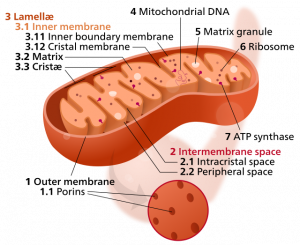Selenium supplementation of pregnant women at a high risk of preeclampsia has shown beneficial effects on 1) serum selenium levels, 2) some metabolic profiles, 3) uterine artery pulsatility index, and 4) mental health, compared to placebo. The study compared the effect in 60 pregnant women of supplementation with 200 mcg/day for 12 weeks with the effect of placebo for the same period.

The supplementation took place for 12 weeks starting in weeks 16 to 18 of pregnancy. No side effects related to the intake of 200 mcg of selenium per day by pregnant women at high risk of preeclampsia were reported throughout the duration of the study [Mesdaghinia 2022].
Selenium Supplementation Compared to Placebo
How did the selenium supplementation compare with the placebo supplementation in the pregnant women?

